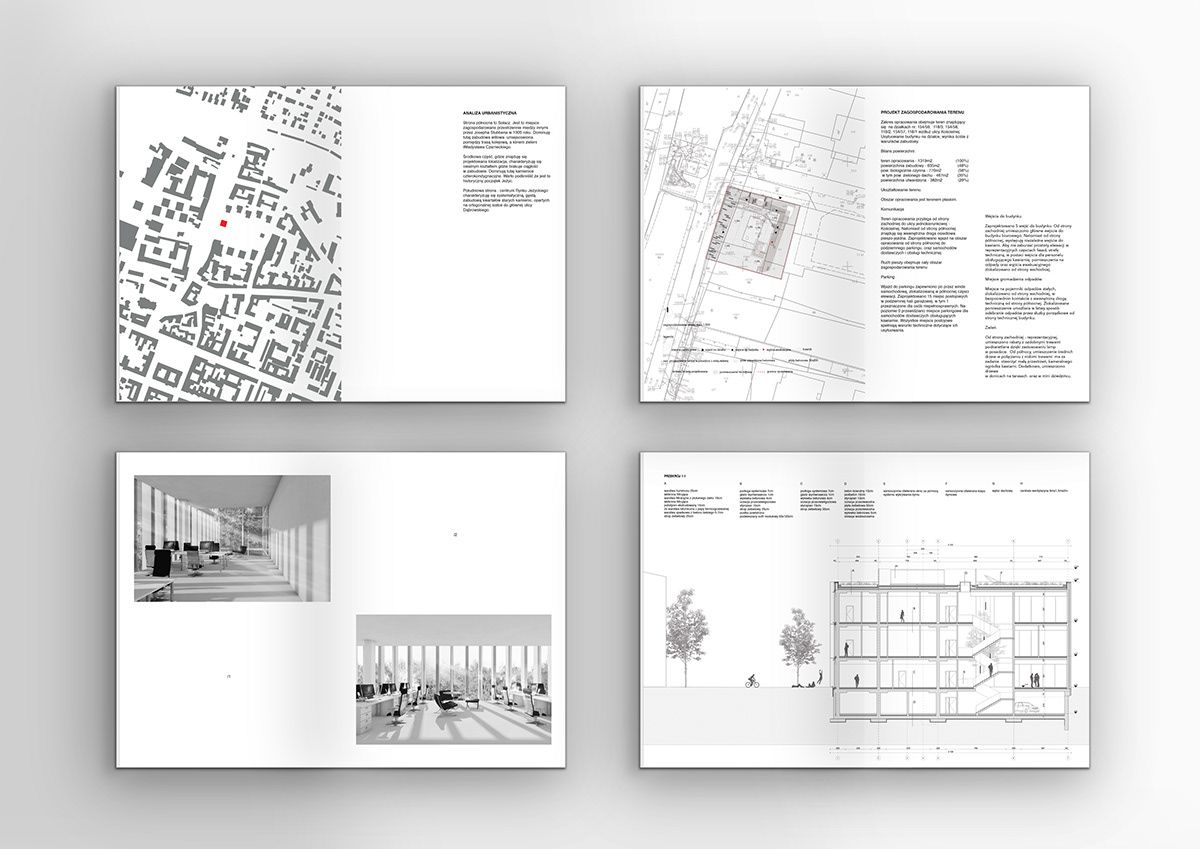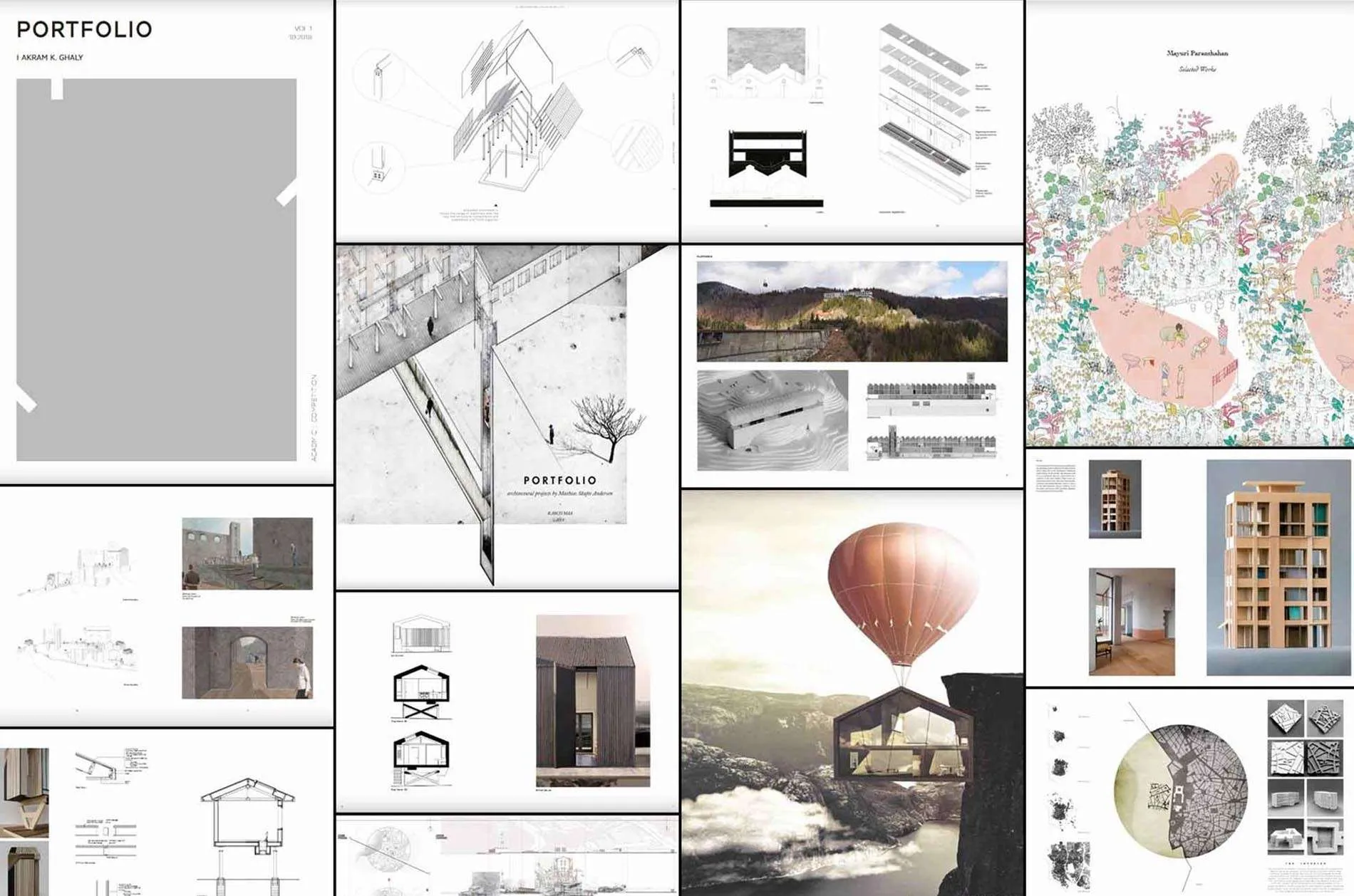- Home
- Articles
- Architectural Portfolio
- Architectral Presentation
- Inspirational Stories
- Architecture News
- Visualization
- BIM Industry
- Facade Design
- Parametric Design
- Career
- Landscape Architecture
- Construction
- Artificial Intelligence
- Sketching
- Design Softwares
- Diagrams
- Writing
- Architectural Tips
- Sustainability
- Courses
- Concept
- Technology
- History & Heritage
- Future of Architecture
- Guides & How-To
- Art & Culture
- Projects
- Interior Design
- Competitions
- Jobs
- Store
- Tools
- More
- Home
- Articles
- Architectural Portfolio
- Architectral Presentation
- Inspirational Stories
- Architecture News
- Visualization
- BIM Industry
- Facade Design
- Parametric Design
- Career
- Landscape Architecture
- Construction
- Artificial Intelligence
- Sketching
- Design Softwares
- Diagrams
- Writing
- Architectural Tips
- Sustainability
- Courses
- Concept
- Technology
- History & Heritage
- Future of Architecture
- Guides & How-To
- Art & Culture
- Projects
- Interior Design
- Competitions
- Jobs
- Store
- Tools
- More
Tips for Writing a Good Architectural Essay
Writing a compelling architecture essay requires balancing technical knowledge with creative storytelling. This guide covers essential tips for architectural writing, from creating effective analysis diagrams to structuring critical arguments and finding the best research sources for your work.

Table of Contents Show
- Understanding What Makes a Strong Architecture Essay
- Know Your Subject
- Set the Context
- Technical Yet Accessible
- Incorporate Visuals and Analysis Diagrams
- Address Different Perspectives
- Critical Analysis: Going Beyond Description
- Cite Your Sources
- Clear Structure for Your Architecture Essay
- Engage with the Reader
- Proofread and Revise
- Using the Best Sources for Architecture Essay Research
- Common Mistakes to Avoid in Architectural Writing
- Final Thoughts
- Frequently Asked Questions
Writing a compelling architecture essay requires balancing technical knowledge with creative storytelling. Architecture is a vast, complex, and visually stunning field that marries science, art, culture, and history. Whether you are a student tackling your first architectural writing assignment or a seasoned critic refining your craft, mastering the analysis of architecture through the written word is an essential skill. In this guide, we explore proven tips, strategies, and resources to help you produce an outstanding architecture essay in 2025 and beyond.
Understanding What Makes a Strong Architecture Essay
An architecture essay goes beyond simple description. It demands a synthesis of historical context, design intent, structural innovation, and cultural significance. Strong architectural writing tells a story—one that connects a building’s form to the ideas and forces that shaped it. Before you begin drafting, it helps to understand that the best essays treat architecture as both an art and a science, weaving together visual observation with rigorous architecture analysis.
Know Your Subject
Research your topic thoroughly. Understand the technical aspects, the historical context, the cultural significance, and the aesthetic values of the architectural subject you’re discussing. Use reputable sources such as architectural journals, academic databases, books, and interviews with industry professionals. A thorough analysis of architecture always begins with deep research. For example, studying the evolution of architectural styles can provide crucial background for your argument.
Set the Context
Every building, city, or architectural style has a historical, social, and geographical context. Make sure to provide enough background information for your reader to grasp the significance of your subject. For instance, if you’re discussing Gaudí’s Sagrada Familia, it would be valuable to explain its importance in Catalan Modernism and how it reflects Barcelona’s cultural history. Context transforms a basic description into a meaningful piece of architectural writing.
Technical Yet Accessible
Architectural essays can easily veer into the overly technical, which can be off-putting for non-expert readers. While it’s necessary to explain the technical aspects of your subject, try to keep it understandable and engaging. Use metaphors and analogies to explain complicated concepts, and avoid jargon when possible. A successful architecture essay communicates complex ideas—like load-bearing structures, cantilevers, or parametric design—in language that any educated reader can follow.

Incorporate Visuals and Analysis Diagrams
Architecture is a visual discipline. High-quality photos, diagrams, and drawings can significantly enhance your essay. Be sure to use them effectively to illustrate your points, and always provide necessary citations. An analysis diagram architecture approach—where you annotate plans, sections, or elevations to highlight design decisions—can elevate your essay from descriptive to analytical. Programs like Adobe Illustrator, AutoCAD, or even free tools like Diagrams.net can help you create compelling visual analyses.
How to Create Effective Architecture Analysis Diagrams
When preparing an analysis diagram architecture study, consider breaking your visual analysis into layers. Start with the building’s massing and form, then overlay circulation patterns, structural grids, and spatial relationships. Each layer should communicate a distinct aspect of the design. Label your diagrams clearly and reference them directly in the body of your essay so that text and image work together to build your argument.
Address Different Perspectives
There is rarely a single correct interpretation of an architectural work. Different architects, historians, and critics may have varying viewpoints about the same design. Acknowledging these differing perspectives can make your essay richer and more balanced. For instance, a Modernist critic might praise a building’s functional clarity, while a post-structuralist might interrogate its symbolic meanings. Including multiple viewpoints strengthens your architecture analysis considerably.
Critical Analysis: Going Beyond Description
Go beyond describing the building’s appearance or its construction process. Analyze how it fulfills its intended function, how it relates to its surroundings, and how it expresses or challenges architectural principles. Critically examine its merits and shortcomings, and its impact on society or the environment. The American Institute of Architects (AIA) offers frameworks for evaluating design excellence that can guide your critical lens. A strong analysis of architecture always balances appreciation with honest critique.
Cite Your Sources
As with any academic essay, it is essential to cite your sources correctly. This gives credit where it’s due, backs up your arguments, and allows interested readers to explore the subject further. Always stick to the required citation style—whether Chicago, APA, or Harvard. Architectural scholarship frequently uses the Chicago Manual of Style, so familiarize yourself with its conventions if you are writing for an academic audience.
Clear Structure for Your Architecture Essay
A well-structured essay makes it easier for the reader to follow your arguments. Generally, your architecture essay should have an introduction (setting the stage for your discussion), a body (where you develop your arguments), and a conclusion (where you wrap up and suggest further research directions). Consider organizing the body thematically—by design concept, historical period, or spatial experience—rather than simply listing features. This approach transforms your writing into genuine architectural writing that engages readers intellectually.

Engage with the Reader
An architectural essay isn’t just an academic exercise; it’s an opportunity to share your passion for architecture and design. Make your writing engaging and your enthusiasm palpable, and your readers will be more likely to appreciate your insights. Ask provocative questions, draw unexpected parallels, and invite the reader to see buildings through new eyes. The best architectural writing creates a sense of discovery—much like walking through a well-designed building for the first time.
Proofread and Revise
After you finish writing, take the time to proofread your work carefully. Look for errors in spelling, grammar, and punctuation, but also check your facts and make sure your argument is logically sound. Reading your essay aloud can help you catch awkward phrasing and improve the rhythm of your prose. Consider asking a peer or mentor to review your work—a fresh pair of eyes often catches issues the original writer overlooks.
Using the Best Sources for Architecture Essay Research
For architecture essay writing, you should choose the best reliable online sources. Here are top resources you need to research on:
Architectural Review – An excellent source of critical writing about architecture, the Architectural Review features essays, architectural critiques, and articles on various topics in the field.
JSTOR – JSTOR is an online library of scholarly journals, books, and primary sources. It includes a vast collection of architecture-related materials essential for academic architecture analysis.
Designboom – This is a web magazine dedicated to architecture, design, and art. Designboom offers news articles, interviews, and editorials on a broad spectrum of architectural topics.
Dezeen – Dezeen is a popular online architecture and design magazine. It features a wide variety of architectural projects, news, and essays.
Architect’s Journal – A British architectural magazine with a vast online presence, it offers in-depth articles, case studies, and commentary from leading voices in architecture.
Google Scholar – A search engine for scholarly literature, Google Scholar is an excellent place to find peer-reviewed papers, theses, books, conference papers, and other resources for your analysis of architecture.
Academia.edu – Academia.edu allows users to share research papers. It’s a good resource for seeing what other scholars are saying about a particular architectural topic.
ArchDaily – The world’s most visited architecture website, ArchDaily publishes project documentation, essays, and news that can serve as both inspiration and source material for your essay.

Common Mistakes to Avoid in Architectural Writing
Even experienced writers fall into common traps when composing an architecture essay. Avoid purely descriptive writing that reads like a building specification—your essay should interpret, not just catalog. Steer clear of unsupported claims; every assertion about design intent or cultural impact should be backed by evidence. Finally, resist the temptation to cover too much ground. A focused, well-argued analysis of a single building or concept is always stronger than a superficial survey of many.
Final Thoughts
Writing a good architecture essay requires research, critical thinking, and a knack for storytelling. With these tips, you’re well on your way to producing an engaging and informative piece on the fascinating world of architecture. Remember that the goal is not only to inform but also to inspire a love for architectural design in your readers. By combining rigorous architecture analysis with compelling architectural writing, you can create essays that resonate with both academic audiences and design enthusiasts alike.
Frequently Asked Questions
What is an architecture essay?
An architecture essay is an academic or critical piece of writing that examines buildings, urban spaces, or design movements through historical, cultural, and technical lenses. It combines visual analysis with research-backed arguments to interpret how and why architecture takes the forms it does.
How do you start an architecture analysis?
Begin your architecture analysis by observing the building carefully—either in person or through detailed photographs and drawings. Note its form, materials, spatial organization, and relationship to its site. Then research its historical context, the architect’s stated intentions, and critical responses to the work before forming your own argument.
What is an analysis diagram in architecture?
An analysis diagram architecture study uses annotated drawings—typically plans, sections, or axonometric views—to visually break down a building’s design logic. These diagrams might illustrate circulation paths, structural systems, light patterns, or spatial hierarchies, making complex design decisions easier to understand and communicate.
What sources should I use for an architecture essay?
Use a combination of peer-reviewed journals (via JSTOR or Google Scholar), reputable architecture publications (such as Architectural Review, Dezeen, or ArchDaily), primary sources like architect interviews and project documentation, and academic books on architectural theory and history.
How long should an architecture essay be?
The length depends on the assignment or publication. Academic architecture essays typically range from 1,500 to 5,000 words. Regardless of length, focus on depth of analysis rather than breadth—a concise, well-argued essay is always more effective than a lengthy, unfocused one.
2 Comments
Submit your architectural projects
Follow these steps for submission your project. Submission FormLatest Posts
20 Back-to-School Tips Every Architecture Student Should Know
Discover 20 essential back-to-school tips every architecture student should know to manage...
Architecture Plan: Tips for Creating & Presenting Plans
Learn how to create and present professional architectural plans with this comprehensive...
10 Best Lifesaver Portfolio Tips for Young Architects and Architecture Students
Looking for the best architectural portfolio tips? This comprehensive guide covers 15...
Architecture Portfolio Tips: 10+ Expert Strategies
Creating a standout architecture portfolio requires more than compiling your best work....












Hello! I just wanted to say how much I appreciated this blog post. Your writing is always so engaging and informative. It’s clear that you have a deep understanding of the subject matter. Thank you for sharing your expertise with us. Looking forward to your next post!
This article has some good tips for writing about architecture. I think it’s important to research and understand the context of buildings. The visuals part is interesting too, as it can help explain things better.